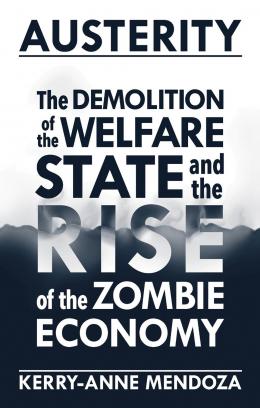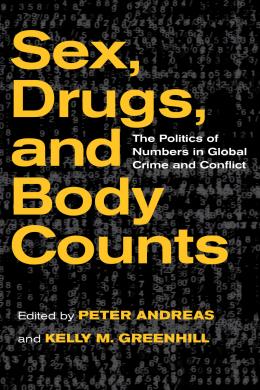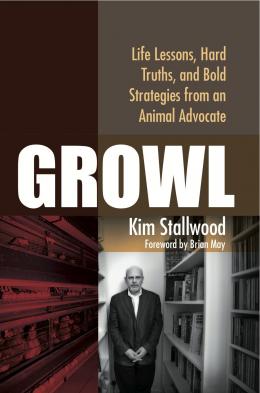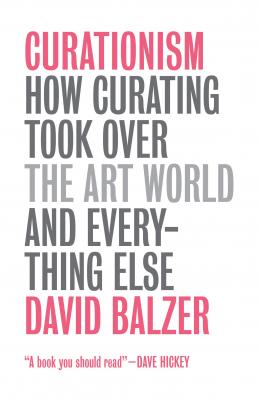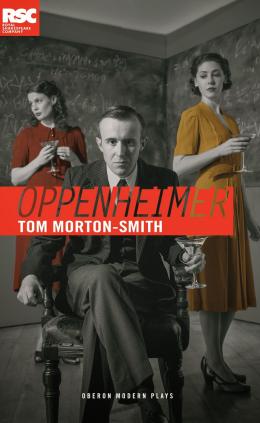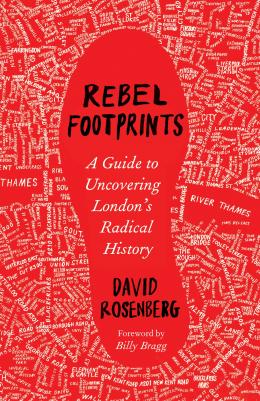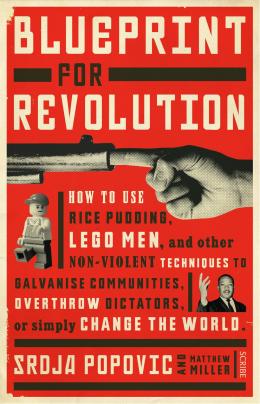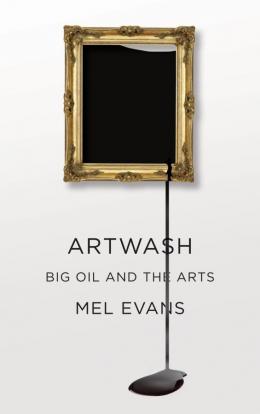Every now and then, Peace News sends me a book which I absolutely love from start to finish. Despite the clunky title, this is one of those books. It’s a terrific read that tells you everything you need to know about why austerity is prevalent, what it does and some pointers on how to resist it.
The book is in two parts: the first, ‘Demolition’, deals with the causes of austerity and its impact on all areas of society. The second, ‘Austerity and Democracy’, charts its chilling impact on our democratic freedoms. ‘Demolition’…


